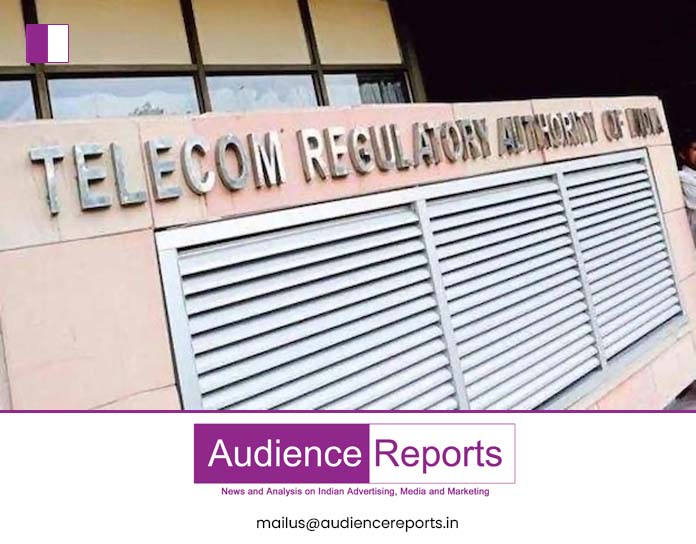In order to safeguard the DTH sector, the regulator under Chairman PD Vaghela further recommends that the license fee for DTH licensees should be brought down to zero in the next three years
In a bold move, the Telecom Regulatory Authority of India on Monday sent its recommendation to the Ministry of Information and Broadcasting for reducing the license fee for DTH players from existing 8% of gross revenue to 3% of applicable gross revenue.
In order to safeguard the DTH sector, the telecom and broadcast regulator under the leadership of chairman PD Vaghela further recommended that the license fee for DTH licensees should be brought down to zero in the next three years.
“DTH licensees should not be charged any license fee after the end of the financial year 2026-2027,” the recommendation noted.
The regulator under the current chairman Vaghela has made a slew of bold moves in the last couple of years in order to safeguard the broadcast sector.
A strong believer in regulatory forbearance, Vaghela’s efforts made the implementation of the new tariff order for the broadcast sector possible.
To address the issues of the distribution sector pertaining to the NTO, the regulator has floated a consultation paper.
“It was a long-standing demand from the DTH sector and we thank TRAI for this drastic reduction in the license fee. Moving from gross revenue to applicable gross revenue for license fee calculation is a significant and bold move. The license fee did not exist for any other platform except DTH and we were bearing the brunt for about 25 years. This certainly puts an end to the injustice to the DTH players,” said a senior executive of a DTH player.
In its recommendation, TRAI explained that the Applicable Gross Revenue (ApGR) for arriving at the revenue calculations for license fee should be equal to the total GR of the licensee as reduced by the following items:
i. Revenue from activities under a license/permission issued by DoT;
ii. Reimbursement, if any, from the Government; and
iii. List of other income to be excluded from GR to arrive at AGR:
a. Income from Dividend;
b. Income from Interest;
c. Income from the sale of fixed assets and securities;
d. Gains from Foreign Exchange rates fluctuations;
e. Income from property rent;
f. Insurance claims;
g. Bad Debts recovered;
h. Excess Provisions written back
TRAI recommended that the I&B ministry should revise Form-D (the Statement of Revenue and Licence Fee for DTH Licensees) and adopt the format of Form-D as prescribed in the recommendations.
“The process for the submission of Form-D should be made end-to-end online with the facility to upload all the related documents in digital mode via a single window system,” the recommendation said.
“MIB should develop a robust mechanism for the deduction verification process through a single window portal. The Licensee is required to produce to the Licensor, all such books of accounts and documents required for reconciliation which have a bearing on the verification of revenue for the purpose of calculating the License Fee,” the recommendation added.
The regulator said that these recommendations including the definition of Gross Revenue (GR), Applicable Gross Revenue (ApGR), Adjusted Gross Revenue (AGR) and the percentage of AGR to calculate the License Fee for the DTH Liçnse may be made applicable ‘prospectively’.
Stating that in the highly competitive television distribution market, urgent measures
are required for the DTH sector, TRAI said that the quick implementation of these
recommendations will help the sector and enable all-round growth.



































